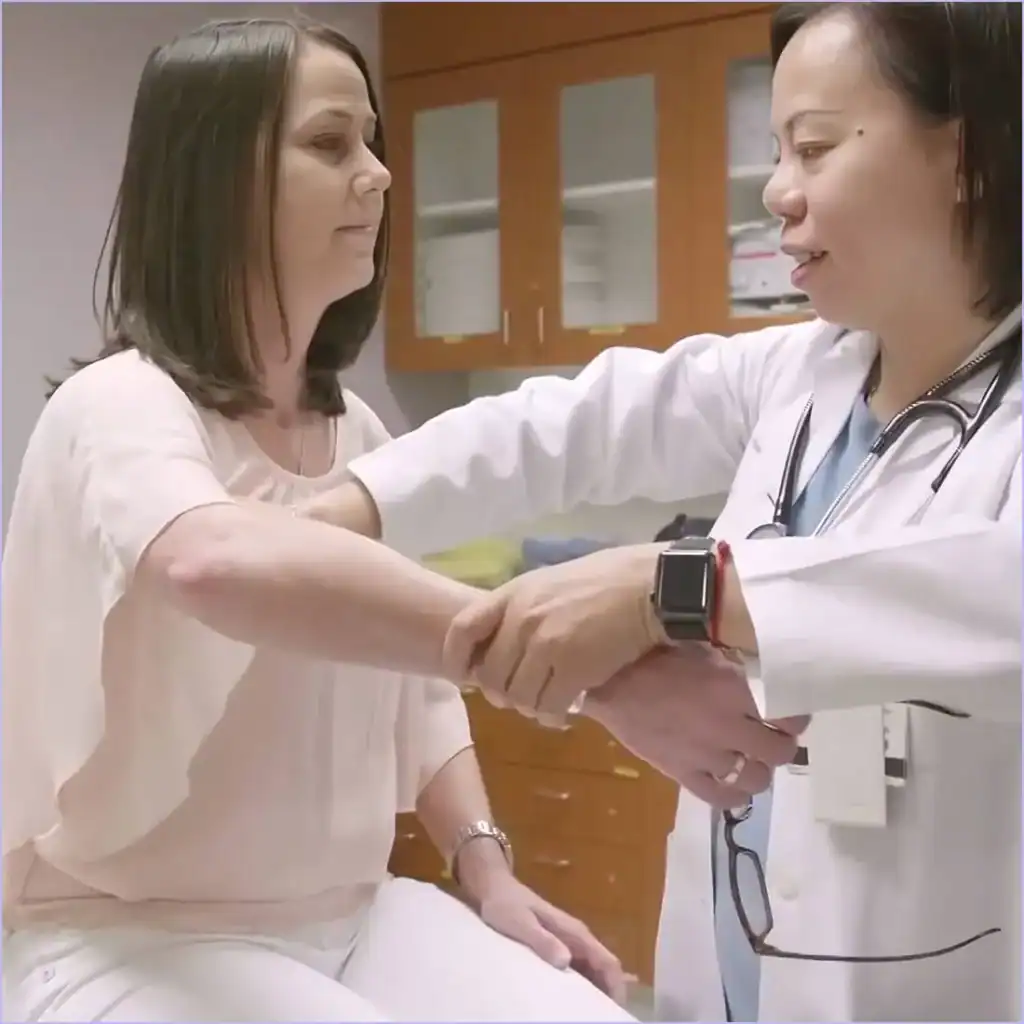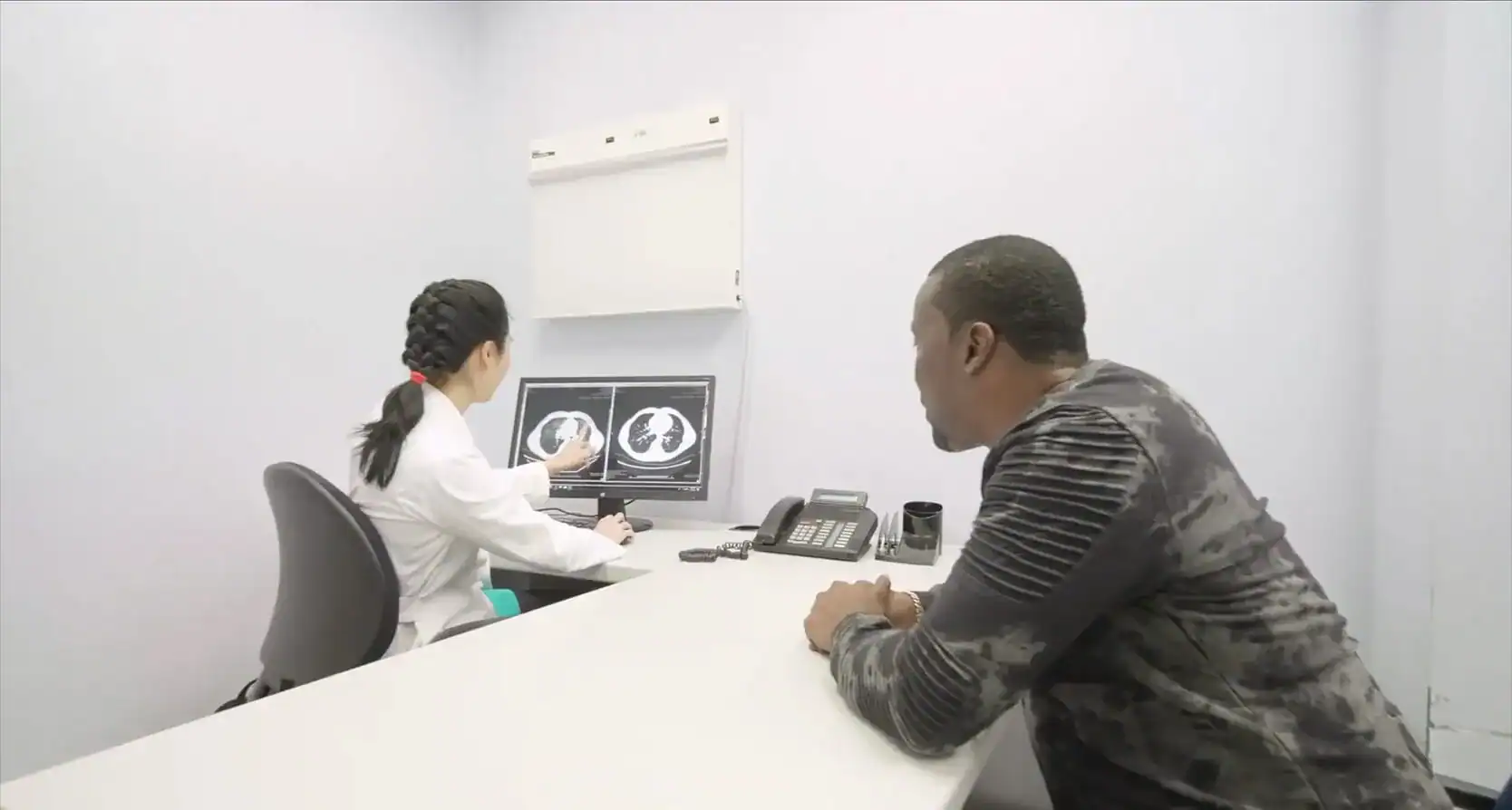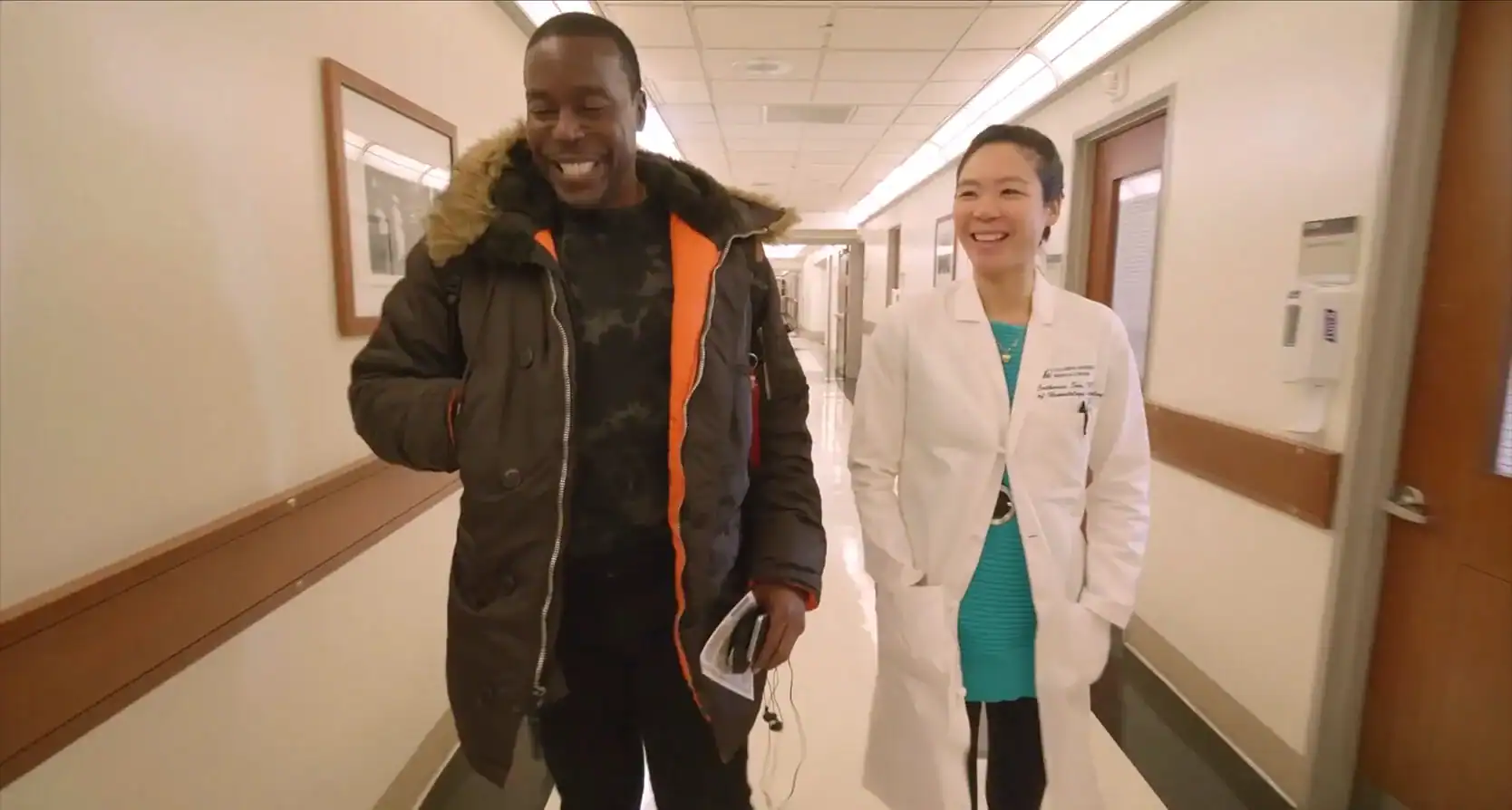
Cancer Clinical Trials
Learn about clinical trials for cancer treatment and find one that might be right for you
Cancer clinical trials are research studies that test the effectiveness and safety of new treatments in people with cancer. They are essential to advancing cancer care and can provide you with access to cutting-edge therapies.
You can use the Cancer Research Institute’s (CRI’s) Clinical Trial Finder to explore trials that might be a good fit for you.
What Are Immunotherapy Clinical Trials?
Immunotherapy clinical trials study new treatments that help your body’s immune system recognize and attack cancer. These therapies have already changed the standard of care for many cancers, and ongoing clinical trials are testing new types of immunotherapies, immunotherapies in combination with other treatments, and ways to better predict who will benefit most.
Setting Expectations
Because immunotherapies work differently than other cancer treatments (like radiation or chemotherapy), your clinical trial experience may feel different too.
Side effects may occur weeks or months into treatment and are often immune-related, like fatigue or skin reactions.
Responses may take longer and tumors may sometimes look larger on scans before shrinking.
Some patients don’t see tumors shrink, but their cancer doesn’t progress or worsen for months or years.
How Clinical Trials Help Patients
Clinical trials aren’t just for people who have “run out of options.” Many clinical trials test therapies already approved by the U.S. Food and Drug Administration (FDA) in new combinations or during earlier stages of treatment.

Access New Options
Clinical trials expand the treatment options you and your doctor can consider.

Find Hope
Participating in a trial can bring hope for better outcomes, longer life, or better management of care.

Receive Expert Care
Patients are closely monitored by a dedicated trial team, with frequent check-ins, tests, and support.

Help Advance Science
Your participation helps researchers make discoveries and improve cancer care for others.

I learned about immunotherapy through my doctor. The clinical trial was my only option. There is always hope. Please try it.
Sunshine Pegues
Lung Cancer Survivor
Why Participation Matters
~50%
Of patients participate in a clinical trial when invited.
>90%
Of patients in clinical trials say they’d do it again and recommend to others.
1 in 5
Adult cancer trials fail to finish because too few patients enroll.
Types and Phases of Clinical Trials
Not all clinical trials are the same. Some test new treatments, while others focus on better ways to prevent, detect, or manage cancer. Understanding the types and phases of clinical trials can help you determine what the trial is studying and what your experience might be like.
Types of Clinical Trials
Prevention Trials: Study ways to effectively lower the risk of developing cancer.
Screening or Diagnostic Trials: Improve the ability to detect cancer even earlier.
Treatment Trials*: Test new treatments, combinations, or treatment approaches (including immunotherapies).
Quality of Life/Supportive Care Trials: Explore how to improve comfort, manage side effects, and support daily well-being.
*Most patients with cancer who join a clinical trial take part in a treatment trial.
Phases of Treatment Trials
Tests a new treatment’s safety, dosage, and response in a small group (15–100 participants), often for the first time in people.
Looks at how well the treatment works and continues to monitor side effects in a larger group (50-100 participants).
Compares the new treatment with standard care in a large group (100–3,000+ participants), often to support FDA approval.
Continues to study the treatment’s long-term safety and effectiveness in the general population, after it’s been approved.

It was building a medical trust fund for my children. I want to help contribute to clinical research so that they may not ever have to face this very ugly type of cancer.
LaToya Bolds-Johnson
Breast Cancer Survivor
What to Expect During a Clinical Trial
Clinical trials can last from a few weeks to several years, depending on the study. Each follows a careful process to protect participants and collect accurate data. Here’s what you can expect during each step of the process.

They all truly cared about me and gave me hope. It was through their dedication to research that I had a fighting chance to survive and they supported me wholeheartedly.
Ron Speidel
Bladder Cancer Survivor
Clinical Trial Benefits and Risks
It’s important to weigh both the potential upsides and the uncertainties of taking part in a clinical trial. CRI’s Clinical Trial Navigators can explore these with you so you feel confident in your decision.
Potential Benefits:
Early access to new treatments
More frequent medical monitoring and supportive care
Helping improve treatments for future patients
Receive study treatment and research tests at no cost
Possible Risks:
Side effects, both known and unexpected
More clinic visits and procedures than standard care
New treatments may not work better than current options
Common Eligibility Criteria
Most clinical trials have rules about who is eligible to join, called “inclusion” and “exclusion” criteria. These criteria help to protect patient safety and ensure the study collects meaningful results.
Common eligibility factors:
- Cancer type, stage, or biomarker (e.g., PD-L1, genetic mutation)
- Previous treatments received
- Age and overall health status
- Lab results (e.g., blood counts, kidney or liver function)
Not everyone qualifies for every trial, but new studies open regularly. Your health care team or a CRI Clinical Trial Navigator can help you find one that might be right for you.
Costs, Compensation, & Financial Aid
Financial concerns are one of the main reasons people do not join clinical trials. However, many trials cover study-related care and may also offer compensation or reimbursement for participation-related costs.
Explore financial & travel support options:
Routine scans, labs, and doctor visits that are not part of the trial are often billed to your health insurance. Discuss these details with your health insurance provider and the clinical trial team.
How to Decide If a Clinical Trial Is Right for You
Clarify your goals
Think about what matters most — finding new treatment options, contributing to research, or both.
Talk with your doctor
Ask how a clinical trial might fit into your overall care plan and what options may be available
Bring your support network
Discuss decisions with loved ones who can help you think through next steps.
Understand the commitment
Review time requirements, travel, and follow-ups to see if they fit your schedule and support system.
Review benefits and risks
Balance potential access to new treatments with possible side effects or uncertainties.
Clinical Trial FAQs
Are clinical trials safe?
All clinical trials must follow strict rules set by the FDA and an Institutional Review Board (IRB) to protect participants. Your safety is monitored at every step, and you can choose to stop participating at any time.
Will I know what treatment I’m getting? What if I get the placebo?
In some clinical trials, you will know what treatment you will receive. In others, treatments are “blinded” to prevent study bias. Placebos are rarely used in cancer treatment trials and never given alone. Participants usually receive the study treatment or the current standard of care.
Can I join more than one trial?
Usually, patients can only participate in one clinical trial at a time, but you may be eligible for another trial after the first one ends. If you are eligible for more than one trial at any time, CRI’s Clinical Trial Navigators can help you determine which one might be right for you.
Will joining a clinical trial delay or change my treatment?
Joining a clinical trial usually does not delay treatment; you may even get treatment sooner. Many trials start quickly once you’re screened and enrolled.
How much extra time will a clinical trial take?
Some clinical trials require more visits and tests than standard care. Ask the clinical trial team about the time commitment before joining to see if it’s right for you.
Where do trials take place, and can I keep my doctor?
Many clinical trials take place at major cancer centers across the U.S., but some are in community hospitals or local clinics. Your doctor usually remains an important part of your health care team and can stay involved throughout the process.
What about side effects?
Before you join the clinical trial, you’ll learn about potential risks such as side effects. Once enrolled, the clinical trial team will monitor you closely and help manage any side effects. Learn about common immunotherapy side effects.
Are there clinical trials for children, teens, or young adults with cancer?
Yes. Some clinical trials are designed specifically for pediatric or young adult patients. CRI’s Clinical Trial Navigators can help you identify these.
What happens to my data and samples after the trial?
Some clinical trials ask permission to store your data and samples for future cancer research. You can decide whether to give consent to this or not.
Are clinical trials for people like me?
Yes. Clinical trials rely on participants from all backgrounds – different ages, races, ethnicities, and communities – to ensure treatments work and are accessible for everyone.
Does CRI run clinical trials?
No, CRI does not run clinical trials, but CRI supports early-phase immunotherapy clinical trials through our Clinical Innovator Award. Read about ongoing trials for pancreatic cancer, bladder cancer, oral lesions, and more.
How can I stay updated on the latest immunotherapy research and treatments?
CRI regularly publishes educational resources and newsletters designed for patients, families, and caregivers. Sign up to receive updates on research and treatment advances. Explore CRI-funded research projects now.
Learn More & Get Support
Access trusted information and support from national cancer organizations — and explore additional patient resources from CRI.
Sources
Clinical Trial Participation Among US Adults
(2022) National Cancer Institute
Disparities in Clinical Trial Participation
(2024) Current Oncology
Patient Satisfaction with Clinical Trial Participation
(2011) Mayo Clinic
Clinical Trial Eligibility & Accrual
(2023) Cancer Medicine



